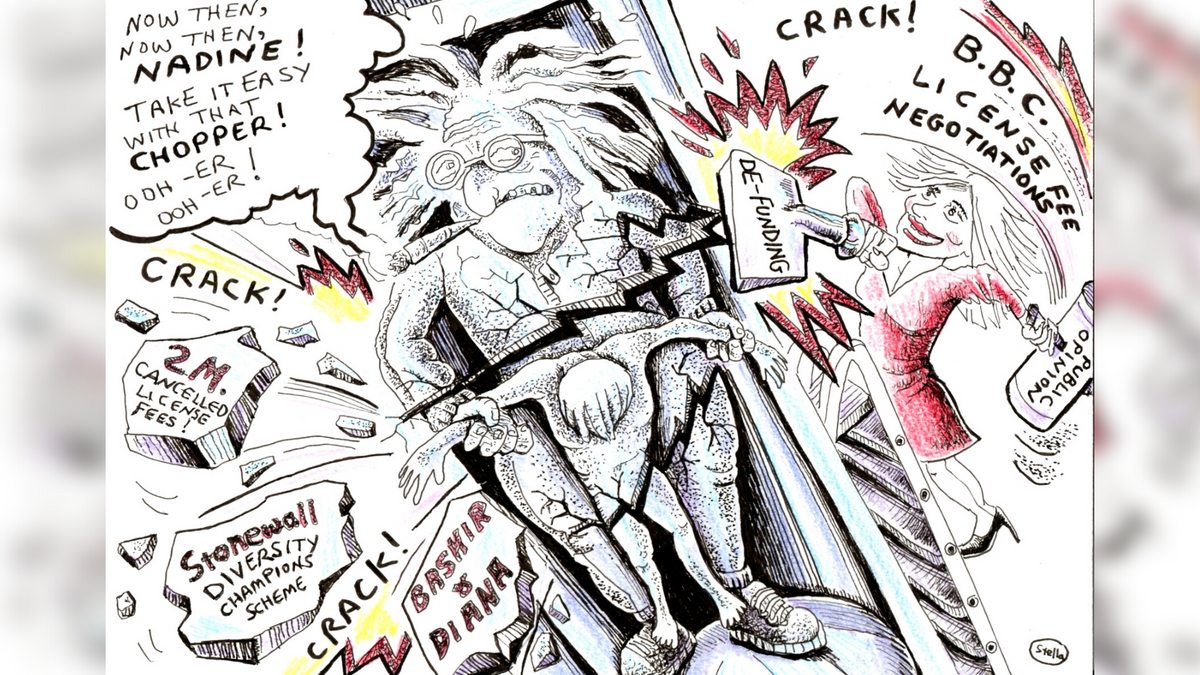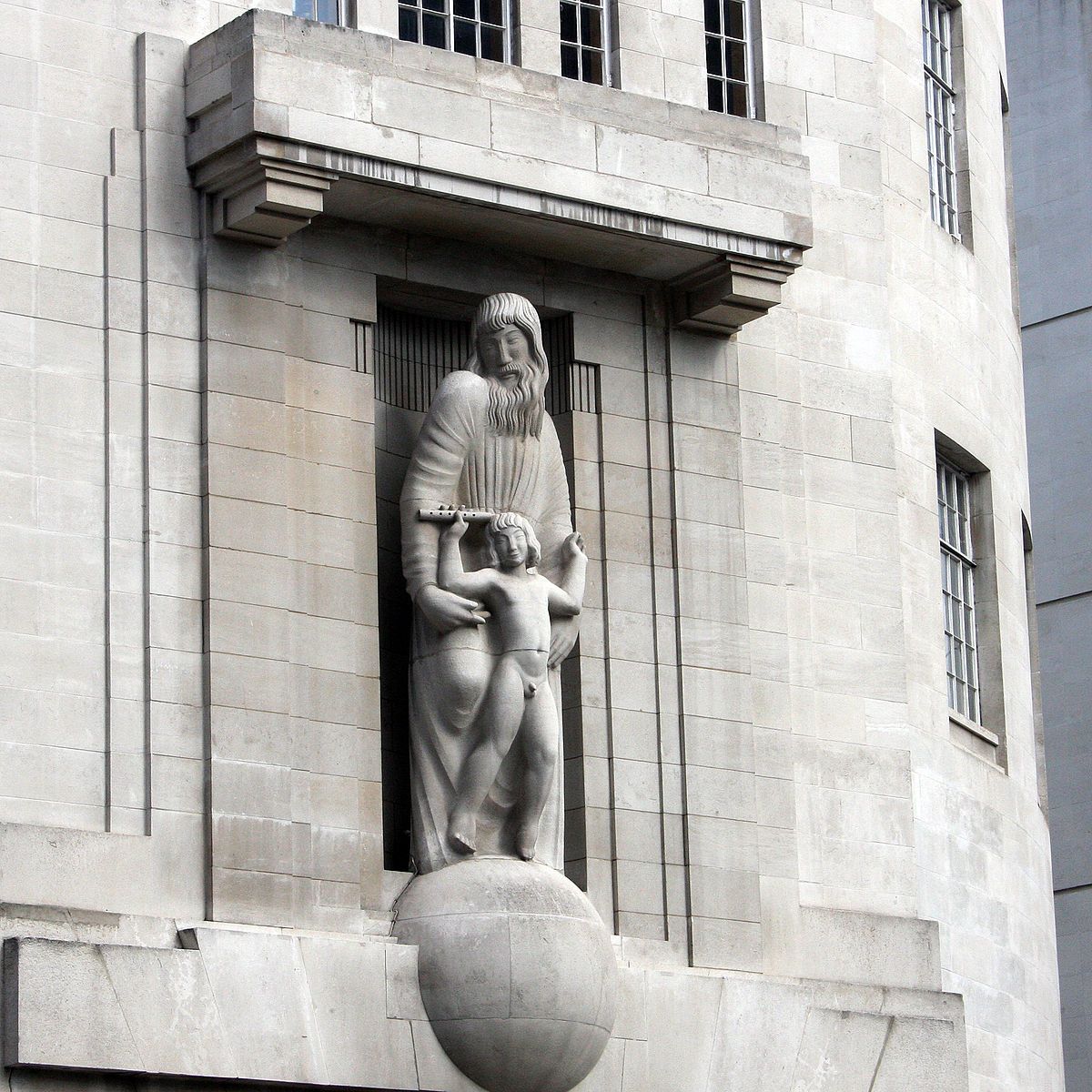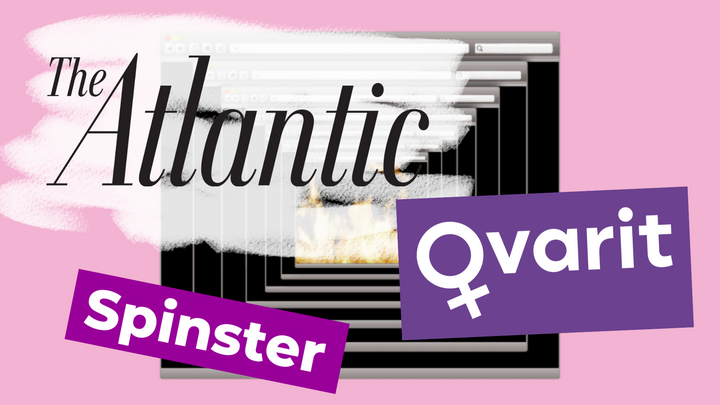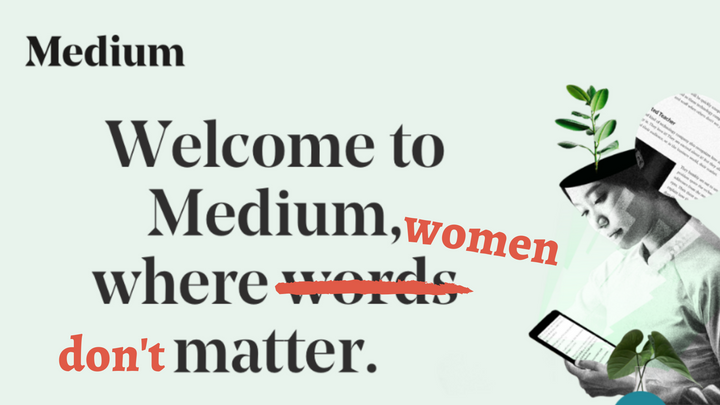On the Increase of Cartoonists being Censored in the West
Humorous imagery is the first victim of dictatorships— we cannot let it die out.

Artists like myself, who are already victims of cancel-culture, fielding false accusations of this “phobia,” and that “ism,” experiencing censorship of our own work regularly, might be expected to have hides like elephants by now.
But it is still painful to see my fellow cartoonists being picked off by the woke mobs, one by one.
If you have not heard of my case, it was featured on 4W.pub back in May.
This is an update, on new evidence that cartoonists in the front line of journalism are being targeted.
In January this year, I wrote about Xavier Gorce, the cartoonist for French newspaper Le Monde for 18 years. He was falsely accused of transphobia over a joke involving two penguins—cute animals in cartoons seem to trigger the delicate flowers of the internet generation more than anything else—he resigned in disgust.
In just the last month, three more well-known cartoonists have suffered similar censorship and cancellations:
Bob Moran of the Telegraph (UK), and Michael Leunig of The Age (Australia) were both censored, and in Leunig's case, sacked, for pertinent cartoons criticizing their respective government's policies on Covid-19 lockdowns.
And recently, feminist cartoonist and animator, and freedom of expression campaigner, Nina Paley, has revealed that she has had another de-platforming from a film festival. We are waiting to hear from her more details, and how women can help support her in her response.
I too have just had another censored cartoon—of the notorious British pedophile Jimmy Savile, the darling of the BBC for decades, for the 10-year anniversary of his death.
It shows him as the statue by pedophile sculptor Eric Gill which adorns the front of the BBC building in London.

My regular outlet wanted to use it, but said “Can we lose the child”?
Clearly, as the whole point of the cartoon is the child, I said no. And this is how censorship works.
Publishers—even long established ones—are now so terrified of a tiny minority of social warriors on twitter that their own creative integrity has vanished, along with their respect as employers for artists who have worked with them for many years.
These recent examples set the scene for news of the most blatant example of a cartoon which “speaks truth to power” being censored and its creator punished, I have ever heard of.
It was reported on 19 October that a 10 year old black schoolgirl, who was bullied by a fellow classmate, reacted in a way I can only describe as extraordinarily mature for her age.
She didn't throw a tantrum or run to the teacher. She drew a cartoon—a childish drawing—poking fun at the bully.
This case happened last year, and has only just been publicized, by the ACLU, which is supporting the girl's family.
And what was the reaction of the adults in the room? “Call the police”!
This child was arrested, put in handcuffs, interrogated and taken to a police station, all without her parents' knowledge or consent.
Can there be a clearer example of those in power—in this case the bully, the bully's parents, the teachers, the school and the police—being afraid of the power of a cartoon?
I sincerely hope that the ACLU can gain some recompense, whether judicial or financial, for her and her family.
I spoke about this case at our Halloween meeting of feminists, at Reformer's Tree in Hyde Park, London, at 11 minutes into this video.
The trauma of her experience might frighten that young girl into never picking up a pen to draw ever again.
I hope she will carry on drawing, and become a cartoonist or an artist, and continue speaking her truth in this simple, direct, non-verbal way, which seems to be such a problem for the internet generations.
If she doesn't, then what a loss to art, what a crushing of a young girl's potential, and what a loss to the world.
What kind of a message does this case—and what is happening to adult cartoonists around the world—send to young artists?
No wonder they are all self-censoring.
Humorous imagery is the first victim of dictatorships, who are terrified of its power and reach, across nationalities, cultures, and language barriers.
We cannot let it die out.
You can find out more about persecuted cartoonists at: https://cartoonistsrights.org
The generous support of our readers allows 4W to pay our all-female staff and over 50 writers across the globe for original articles and reporting you can’t find anywhere else.
Like our work? Support 4W on Patreon!





Comments